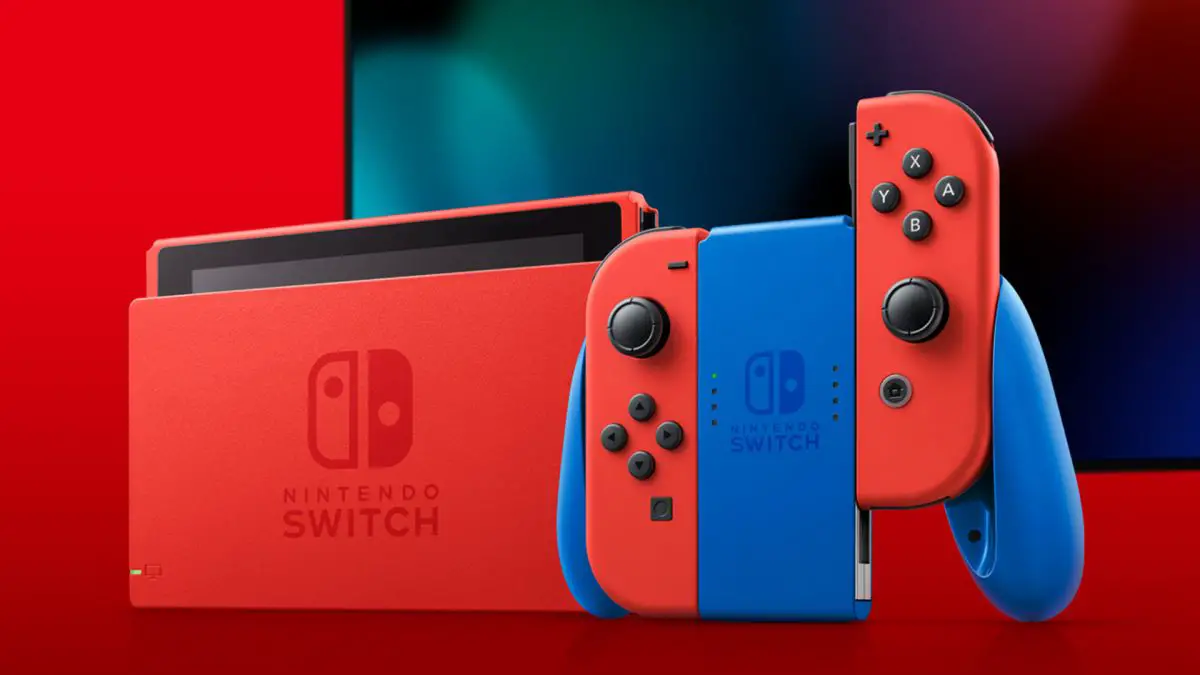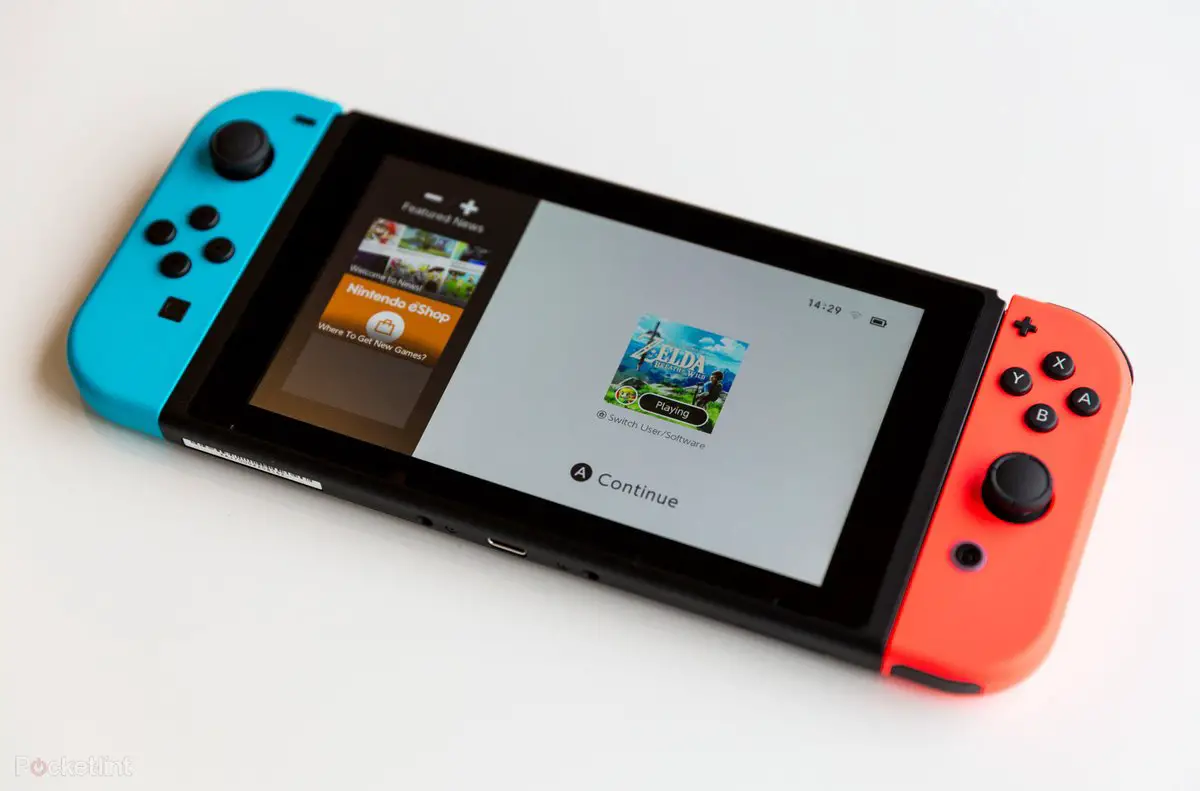Nintendo has warned that the global chip shortage also hit Switch production and sales. The company’s president said that the crisis is reducing production and increasing uncertainty.
The company has been enjoying high sales during the times of lockdown. It recognized that a period of decline is coming in this new post-confinement phase. Market players are now focused on whether Switch can maintain momentum in its fifth year of life amid speculation about new games and a hardware refresh.
The global chip shortage is also affecting Nintendo Switch
It appears that the surge in Nintendo Switch sales prompted by the pandemic is coming to an end. The company has acknowledged that it is about to enter a period marked by declining sales that will be driven, in turn, by the prevailing global chip shortage.

Since its launch on March 3, 2017, Switch has sold more than 78 million consoles worldwide. Following the poor sales of its predecessor, the Wii U, the Switch was seen as the new hope for the company in the ongoing battle with other console giants, Xbox and PlayStation. The Switch distinguishes itself from its competitors by the fact that it can be used as both a stationary console and a portable device.
One of the key reasons for the Switch’s success is undoubtedly the popularity of Nintendo’s own titles. Hit series such as The Legend of Zelda, Mario, and Pokémon are Nintendo exclusives, meaning that fans can only play their favorite games on Switch consoles. As expected, these exclusive games dominate the list of best-selling Switch titles worldwide, with Mario Kart 8 Deluxe at the top of the list.
The company forecasts an 11.5% decline
Nintendo expects annual Switch console sales to fall 11.5%, in what would be the device’s first decline in five years after a pandemic-generated boom in the home gaming industry.

The Kyoto-based firm expects to sell 25.5 million units in the business year that began April 1. That would compare with 28.8 million the previous year after posting an 82 percent increase in operating profit to 640.6 billion yen ($5.9 billion).
In announcing the figures, Nintendo president Shuntaro Furukawa also said that chip shortages, which have affected companies worldwide, are sapping production and increasing uncertainty.





